How to Store Eggs to Keep Them Fresh and Safe
Improperly storing your eggs is a recipe for disaster. Best case scenario: Your eggs go bad quickly. Worst case scenario: You get (or give) a serious case of food poisoning.
Here’s how to keep your eggs fresh and safe-to-eat for as long as possible:
How to Store Eggs
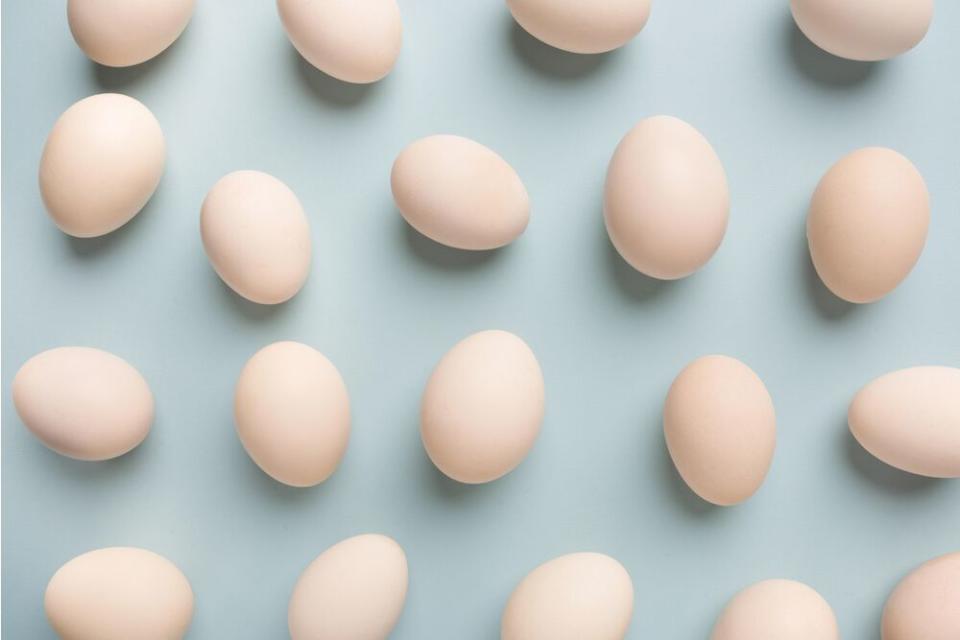
The best way to store eggs depends on how you got them—from the store or from your very own chicken coop.
From the Store
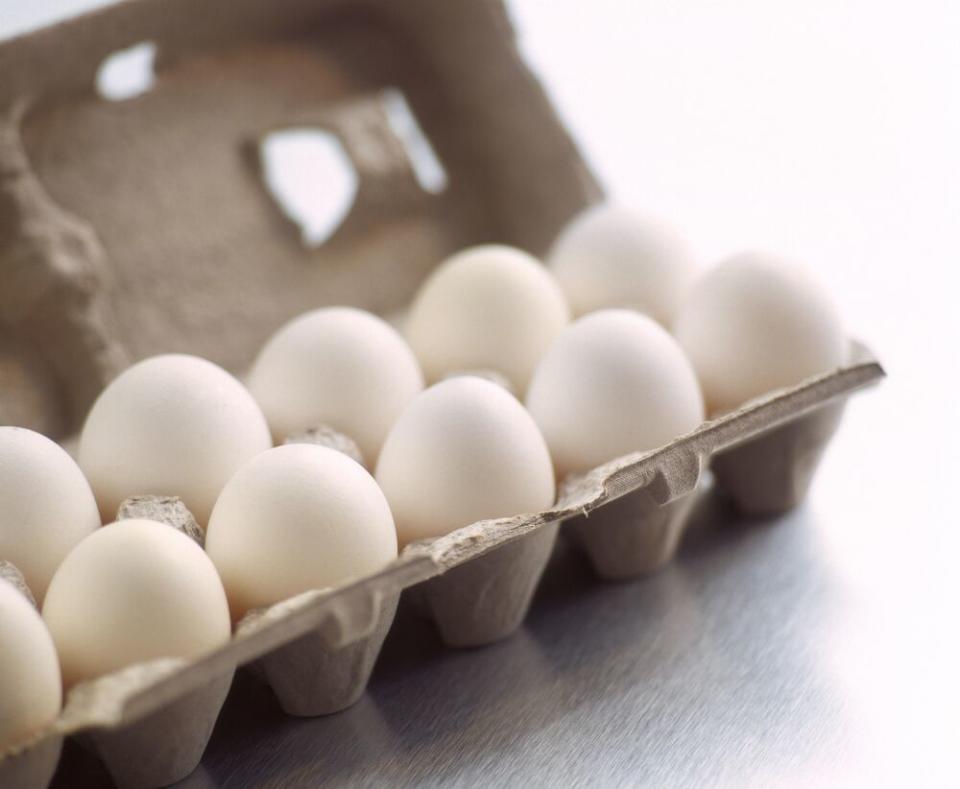
Did your refrigerator come with a cute little egg storage shelf? Don’t use it for store-bought eggs. It’s actually best to keep your eggs in the carton they came in. Here’s why:
The packaging provides a barrier between the porous egg shells and the strong odors and flavors from other foods in your fridge.
Egg cartons are designed to hold eggs with the large end up. This helps the yolk stay centered and intact.
Store-bought cartons come with a prominently featured Best By date, so you won’t have to second guess if your eggs are past their prime.
Eggs should be kept at 40° or below. This means bypassing the fridge door and sticking the carton straight in the middle section, or where temperature fluctuates the least.
Stored properly, store-bought eggs can last about three weeks.
From Your Chickens
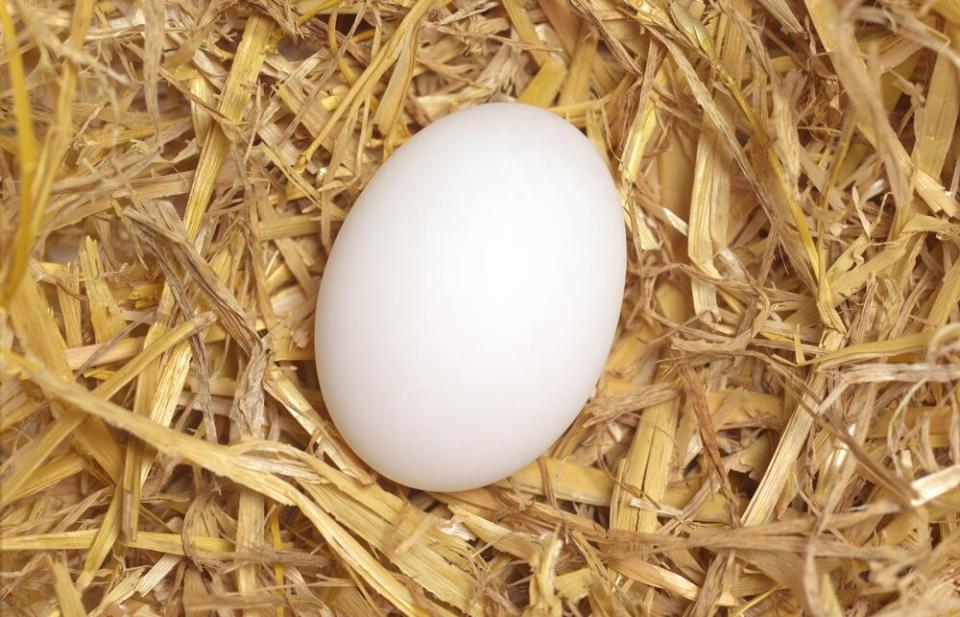
Fresh chicken eggs have a natural coating called a bloom. This protective coating prevents bacteria from penetrating the egg’s porous shell. Since commercial eggs are typically washed before reaching the shelf at your local supermarket, store-bought eggs don’t usually have a bloom.
Because you’re able to keep your backyard chicken coop clean and sanitary, though, there’s really no need to wash freshly laid eggs right away.
You can, theoretically, store these eggs at room temperature for a week or two, but we recommend keeping them in the fridge. This’ll ensure they stay fresher for longer.

Buy it! Amazon, $9.99
Just transfer freshly laid eggs to a carton or plastic egg cover (large side up) and put them in the main compartment of your fridge.
Related: How to Bring Butter and Eggs to Room Temperature In a Hurry
How to Store Hard-Boiled Eggs
Store hard-boiled eggs in the refrigerator in a tightly sealed container for about a week.
If possible, don’t peel your eggs until right before you plan to use them. This helps retain moisture. If you’ve already peeled your boiled eggs, line the bottom of your storage container with a damp paper towel to keep the eggs moist.
How to Store Egg Yolks and Whites
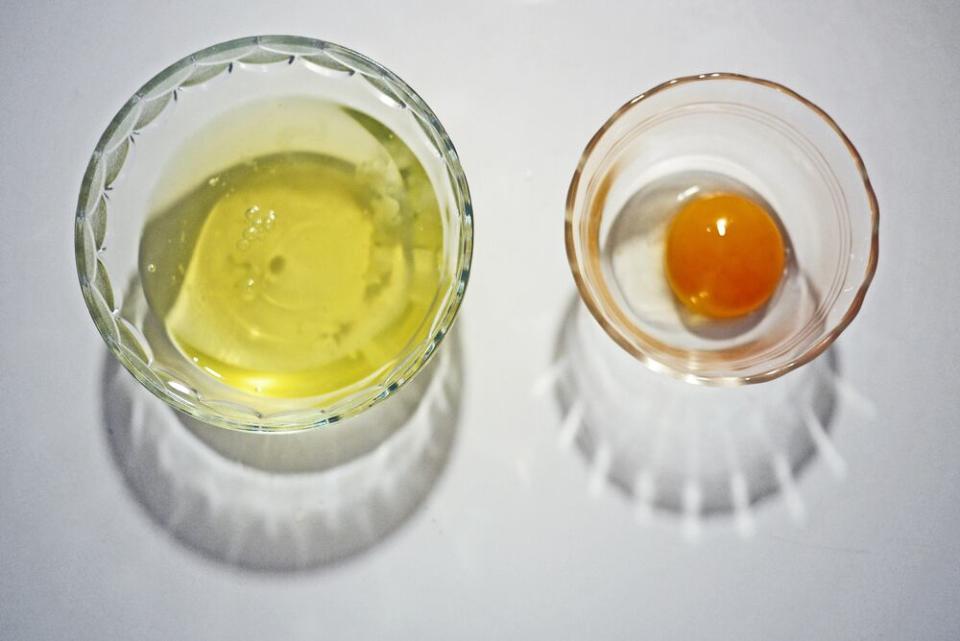
Store egg yolks and whites in an airtight container in the refrigerator and use within two days. We recommend storing them individually in a lidded ice cube tray (these spill-resistant and dishwasher-safe trays have great reviews). This’ll make it easier to follow a recipe.
Freezing Eggs
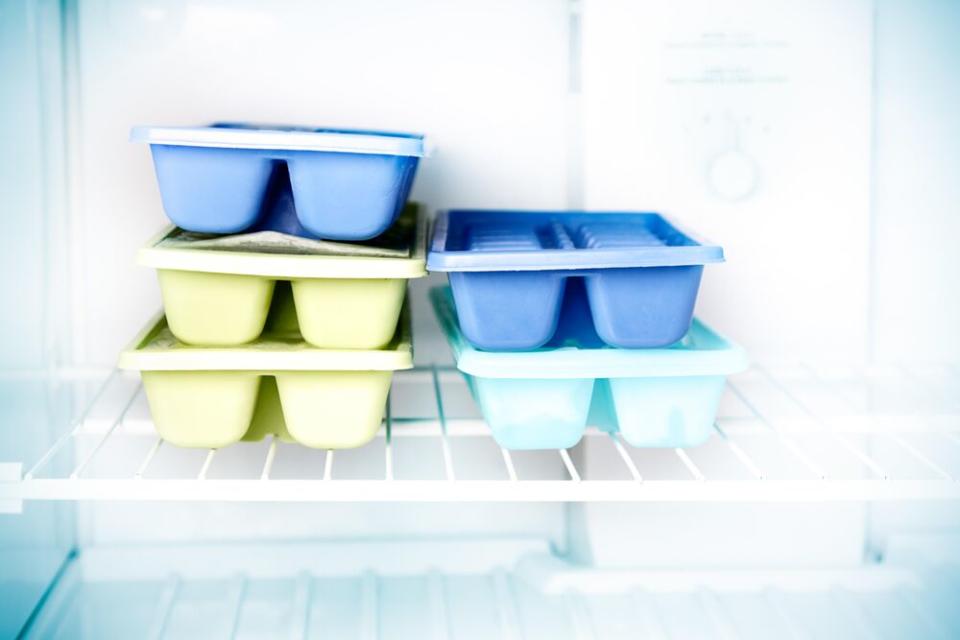
Refrigerator storage probably isn’t the best choice for people who want to keep their eggs for more than a month. To keep eggs usable for longer, freezing may be in order.
That ice tray will come in handy again when it’s time to freeze eggs. To freeze whole eggs, follow these simple steps:
Crack egg into a bowl and beat until combined.
Pour egg into ice cube tray.
Repeat with each egg and place the tray in the freezer.
Once the eggs are completely frozen, you can transfer them to a zip-top bag or another freezer-safe, airtight container.
Label with the date and freeze for up to one year.
Find more information about freezing and thawing eggs here: How to Freeze Whole Eggs, Yolks, and Whites

